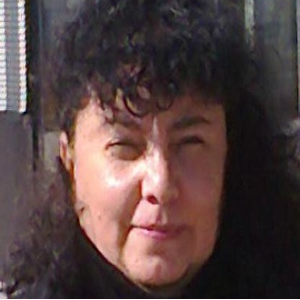Title : Multivariate geostatistical approach to assess the spatial occurrence of trace heavy metals in Crisuri Basin
Abstract:
The Crisuri Basin, with a total length of 1093 km among which 670 km in Romania, is monitored throughout 18 stations. The pollution indicators as dissolved organic substances, biochemical consumption of oxygen, ammonia, phosphor, nitrogen and heavy metals, exceed the allowed limits in some running water ecosystems. The present paper will focus on sources identification and evaluation of environmental pollution with heavy metals in Crisuri Basin. The goal of this research is the determination of the most important factors causing the change of the state of some components of local ecosystems, the setting of observation variables and control parameters in the Crisuri water natural complexes. This suppose that environmental contamination and its preservation are largely applicative and not of marginal theoretical concern. Understanding that the causes of environmental damage and their reversal potential are closely linked to population growth, prosperity, technology and resources, they need to be analyzed through multidisciplinary approaches to identifying the emission sources. An analytical approach to assay the abundance of the inorganic and organic components has to be applied in order to obtain featured measures of environmental consciousness. The analysis includes multivariate statistical modeling applied to a list of variables collected in the done environmental surveys. The factors were assigned to pollution sources as
municipal waste leachate in running waters, local industry discharges, agriculture pollution and geological fingerprints. For example, the biogeochemical survey showed that in the monitored area bordering a high industrialized urban area there are zones with significantly higher concentrations of Ni and Pb and other trace heavy metals as As, Cr, Cu, Fe, Sb and Zn linked to anthropogenic activities linked to local industries and urban traffic. This kind of studies is very requested regarding the vegetable meant for human dietary.
Audience Take Away:
The issues to be analyzed here include
• The global trends of health transformation in geochemical environment of nowadays biosphere
• Risk assessment approaches for classifications of the various variables of environmental consciousness to quantify the risk of diseases derived from anthropogenic origin and comparison with other areas;
• Horizontal evolution and interrelationships taking place in the consciousness of humanity – nature; criteria for
determining the general pollution level linked to the human health
• The problem of geostatistical mapping of risk zones, related to negative medical effects due to both excess and deficiency of certain natural chemical elements or compounds
• Environmental monitoring and protection


